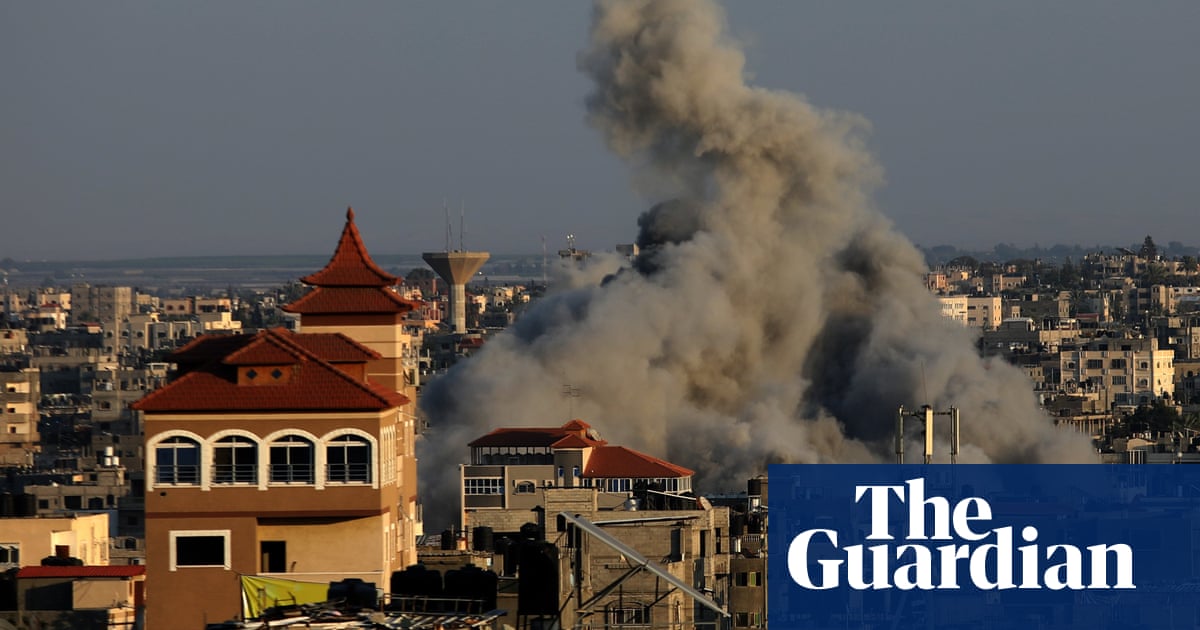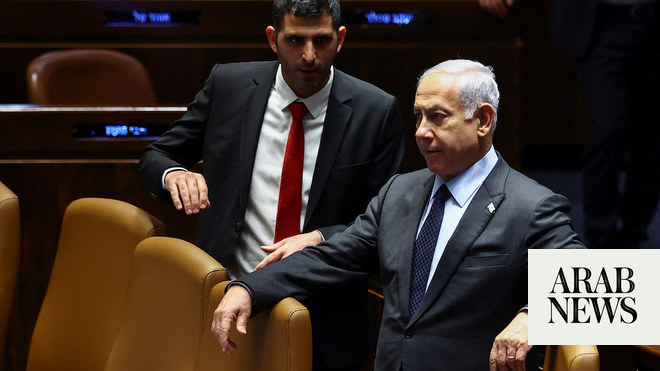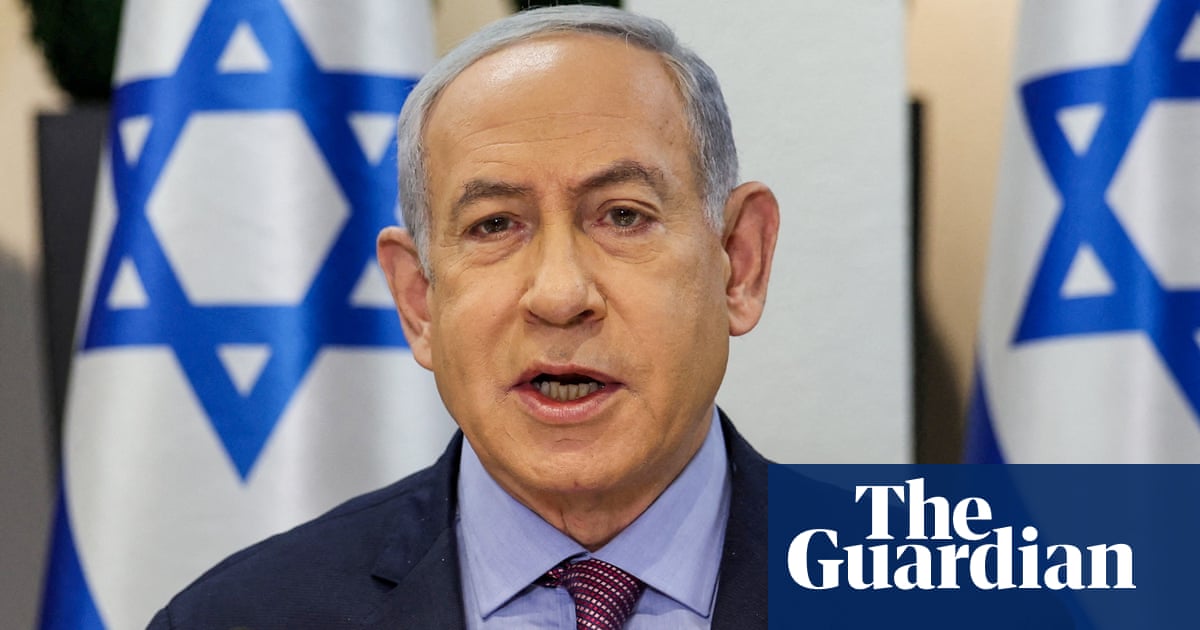
Benjamin Netanyahu has dissolved the Israeli war cabinet that had been overseeing the conflict in Gaza, rebuffing his far-right allies who had been seeking seats, and apparently moving to solidify his grasp on decision-making over the fighting with Hamas in Gaza and Hezbollah across the Lebanese border.
The prime minister announced the move to ministers, saying the war cabinet had been established as part of an agreement in which the moderate politician Benny Gantz and his National Unity party joined an emergency coalition last year.
The disbanding of the war cabinet was confirmed by Israeli officials against a backdrop of mounting discontent over the conduct of the war in Gaza and calls from anti-government groups for a week of daily protests.
David Mencer, a spokesperson at the prime minister’s office, said the war cabinet was a “prerequisite” for Gantz, a former army chief and defence minister, to join a unity government. He added: “So with Mr Gantz leaving government, there is no need for the cabinet. Its duties will be taken over by the security cabinet.”
Netanyahu reportedly told ministers that the war cabinet was no longer needed following Gantz’s resignation a week ago. Gantz, one of the members of the war cabinet, quit the coalition along with Gadi Eisenkot, one of the three observers in the body.
Netanyahu is now expected to hold consultations about the Gaza war with a small group of ministers, including the defence minister, Yoav Gallant, and the strategic affairs minister, Ron Dermer, who had been in the war cabinet.
The dissolution of the war cabinet is unlikely to have any meaningful impact on the conflict – decision-making will move back to the security cabinet – but the political ramifications may be more significant.
The move appears to be a deliberate snub to Netanyahu’s far-right allies in the coalition, including the national security minister, Itamar Ben-Gvir, who had been angling for a seat in the war cabinet since Gantz’s departure after complaining he had been sidelined for key decisions.
Reports in the Hebrew-language media suggested Netanyahu intends to make key decisions in meetings with his own advisers, excluding Ben-Gvir, before presenting them to the security cabinet.
The move comes amid divisions of opinion between Netanyahu and senior Israel Defense Forces commanders.
According to reports in the Israeli media on Monday, Netanyahu told the regular Sunday meeting of the full cabinet that “in order to reach the goal of eliminating the capabilities of Hamas, [he had] made decisions that were not always acceptable to the military echelon”, but added: “We have a country with an army and not an army with a country.”
Netanyahu’s moves suggest an increasing confidence as the prime minister’s poll numbers have improved since the departure of Gantz, which has caused the latter’s polling to decline markedly.
While Netanyahu had been under pressure from the Biden administration to maintain the war cabinet, which was viewed as a more moderate forum, some analysts saw the move as preserving the Israeli prime minister’s desire to continue with the conflict, even as he sidelined Ben-Gvir and the finance minister, Bezalel Smotrich.
The small war cabinet had been the source of friction between Netanyahu and other members, including over the issue of hostages being held in Gaza by Hamas and other groups.
However, the war cabinet had also worked effectively, meeting numerous times since Hamas’s surprise attack on southern Israel’s Gaza border communities on 7 October.
In the immediate aftermath of the dissolution of the war cabinet, the Israeli daily Yedioth Ahronoth speculated that some key decisions would now go to an expanded cabinet, sometimes numbering 50 participants, where more hawkish voices dominate, giving Netanyahu more political cover for the continuing conflict.
Groups opposed to Netanyahu’s leadership of war have begun a week of daily demonstrations calling for a ceasefire, a deal to secure the release of hostages and elections.
While demonstrations against the prime minister during the war have yet to reach the scale of pre-war protests, Saturday’s weekly demonstration in Tel Aviv attracted larger numbers than usual. Those at the rally heard a recorded message from the recently rescued hostage Andrey Kozlov, who called on the government to make a deal to secure the release of the remaining captives.
“Nearly every Saturday night [his captors in Gaza] showed us rallies from Tel Aviv and Jerusalem. I didn’t count how many people were there but we saw many,” Kozlov said.












